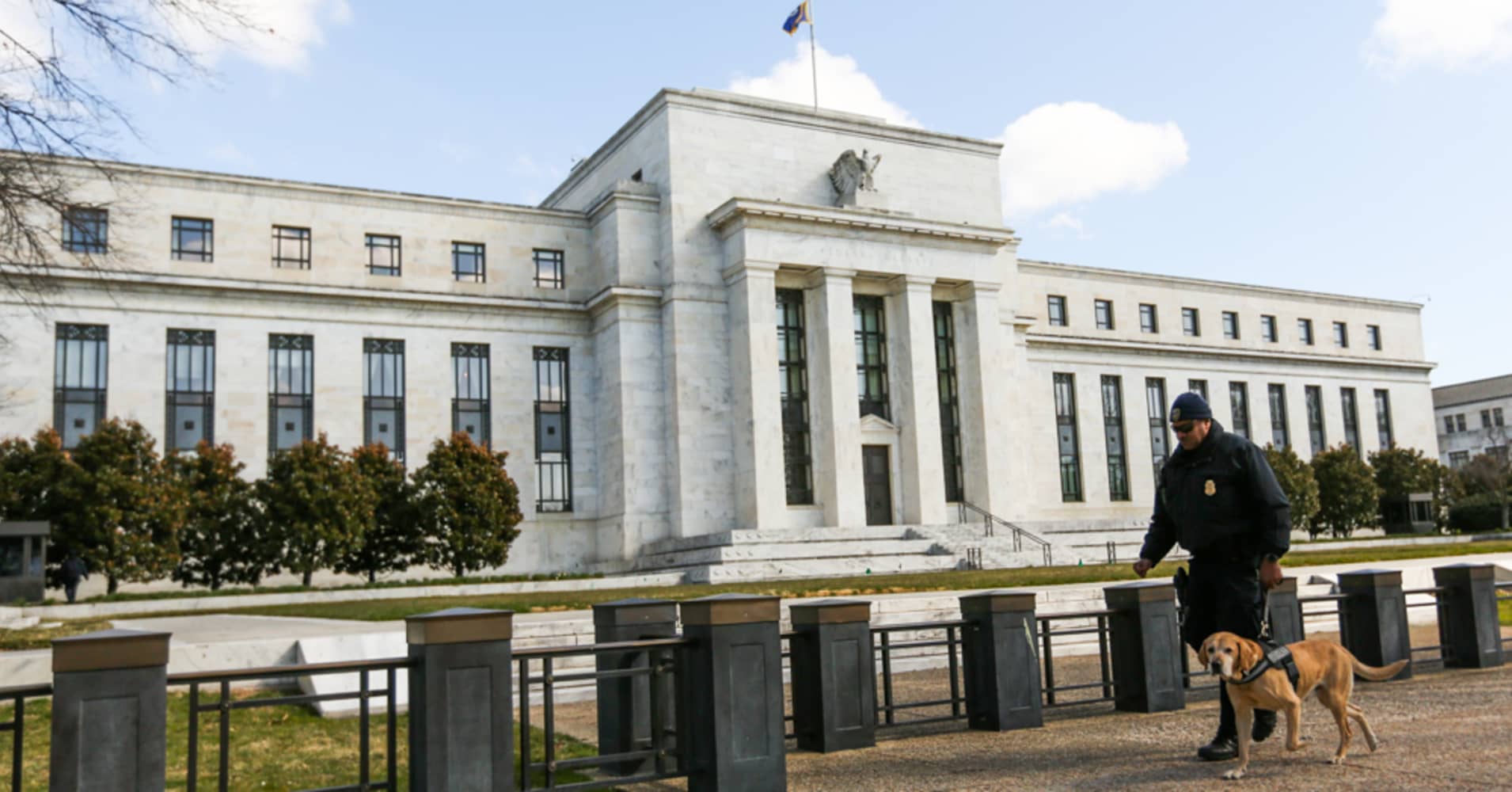
Federal Reserve officials will be hitting the road soon to learn how best to achieve their policy objectives and to communicate those moves to the public.
Starting Monday in Dallas, the central bank will hold a series of “Fed Listens” events aimed at getting input from business leaders, community development pros and academics.
There will be another session in Minneapolis in April then others at various venues around the country through rest of the year. Ultimately, the Fed plans to gather recommendations in a report to be presented in the first half of 2020.
“The economy is constantly evolving, bringing with it new policy challenges. So it makes sense for us to remain open minded as we assess current practices and consider ideas that could potentially enhance our ability to deliver on the goals the Congress has assigned us,” Fed Vice Chairman Richard Clarida said during a speech Friday in New York.
The comments come amid discussions about how the central bank can react to future downturns with its experience from the financial crisis in mind.
As the U.S. economy faced its worst danger since the Great Depression, the Fed responded with unprecedented aggressiveness: slashing its benchmark interest rate to near-zero, conducting a series of asset purchases that blew up its balance sheet to more than $4.5 trillion, and implementing several other measures aimed at pushing the economy out of its slump.
One area where those policies have come up short is in generating what officials consider a healthy level of inflation, which has stayed persistently below the Fed’s 2 percent target through the recovery.
Clarida said developing strategies to raise inflation expectations will be part of the review. In addition, he said the sessions will focus on labor market questions, other policies the Fed could use in the future as well as global issues and financial stability considerations.
“What I can say is that any refinements or more material changes to our framework that we might make will be aimed solely at enhancing our ability to achieve and sustain our dual-mandate objectives in the world we live in today,” he said.
Be the first to comment